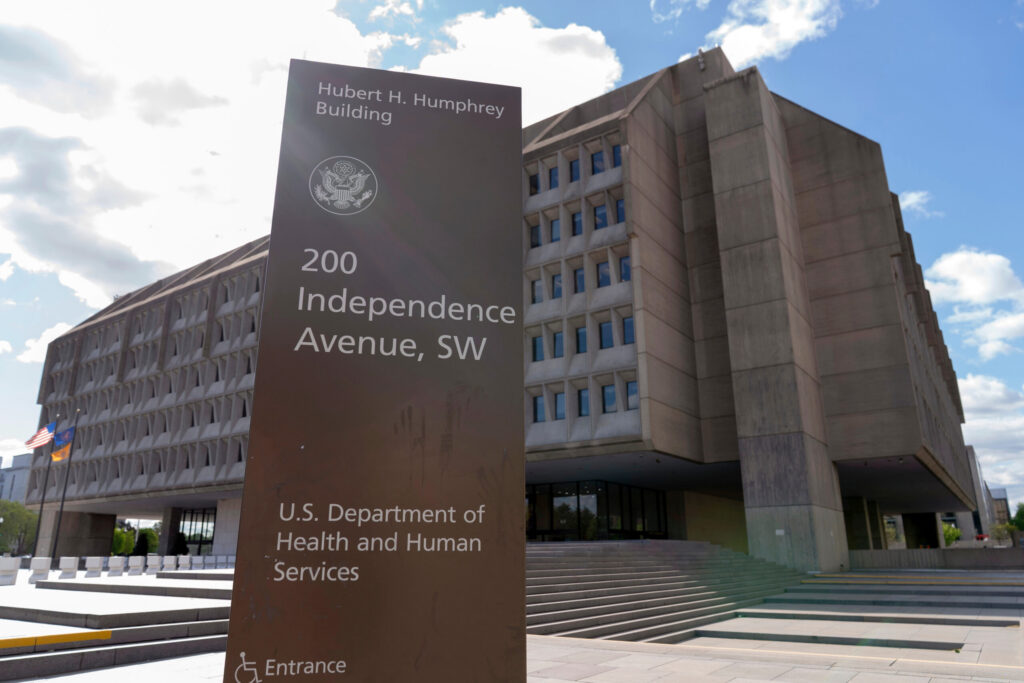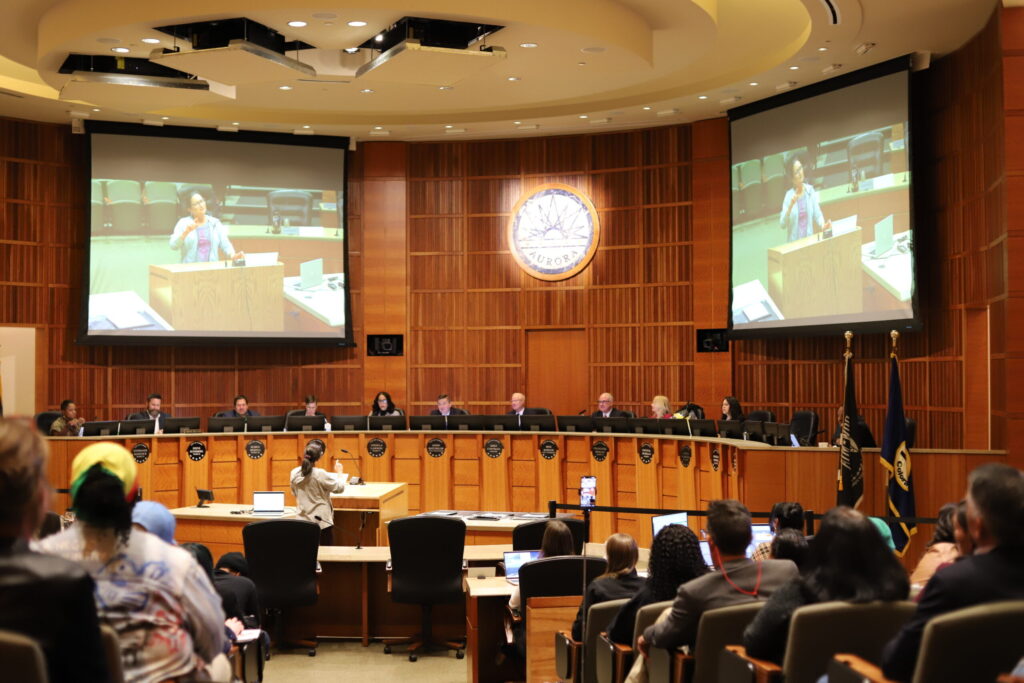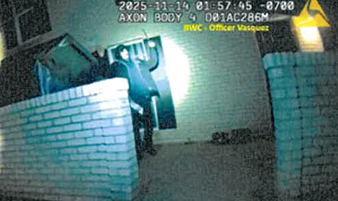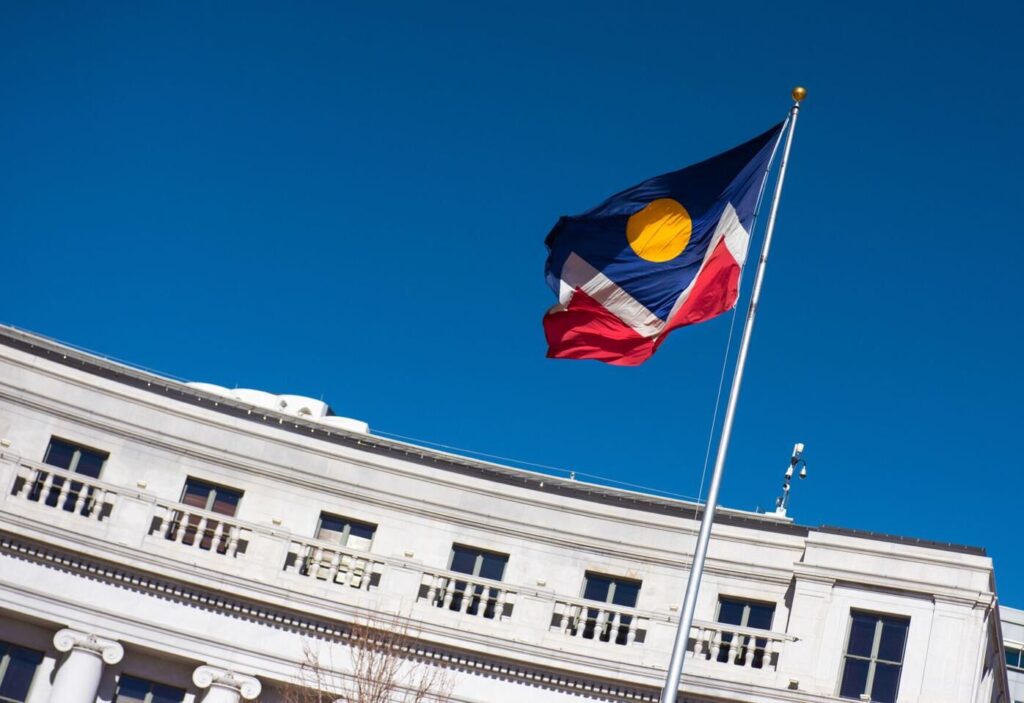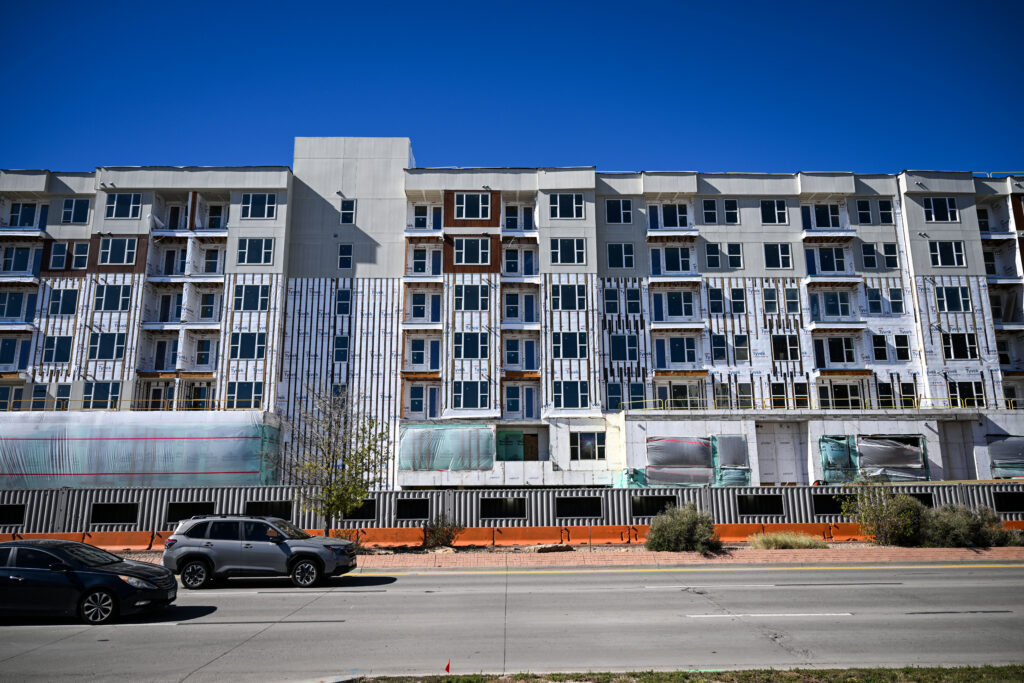Lakewood City Council approves zoning map
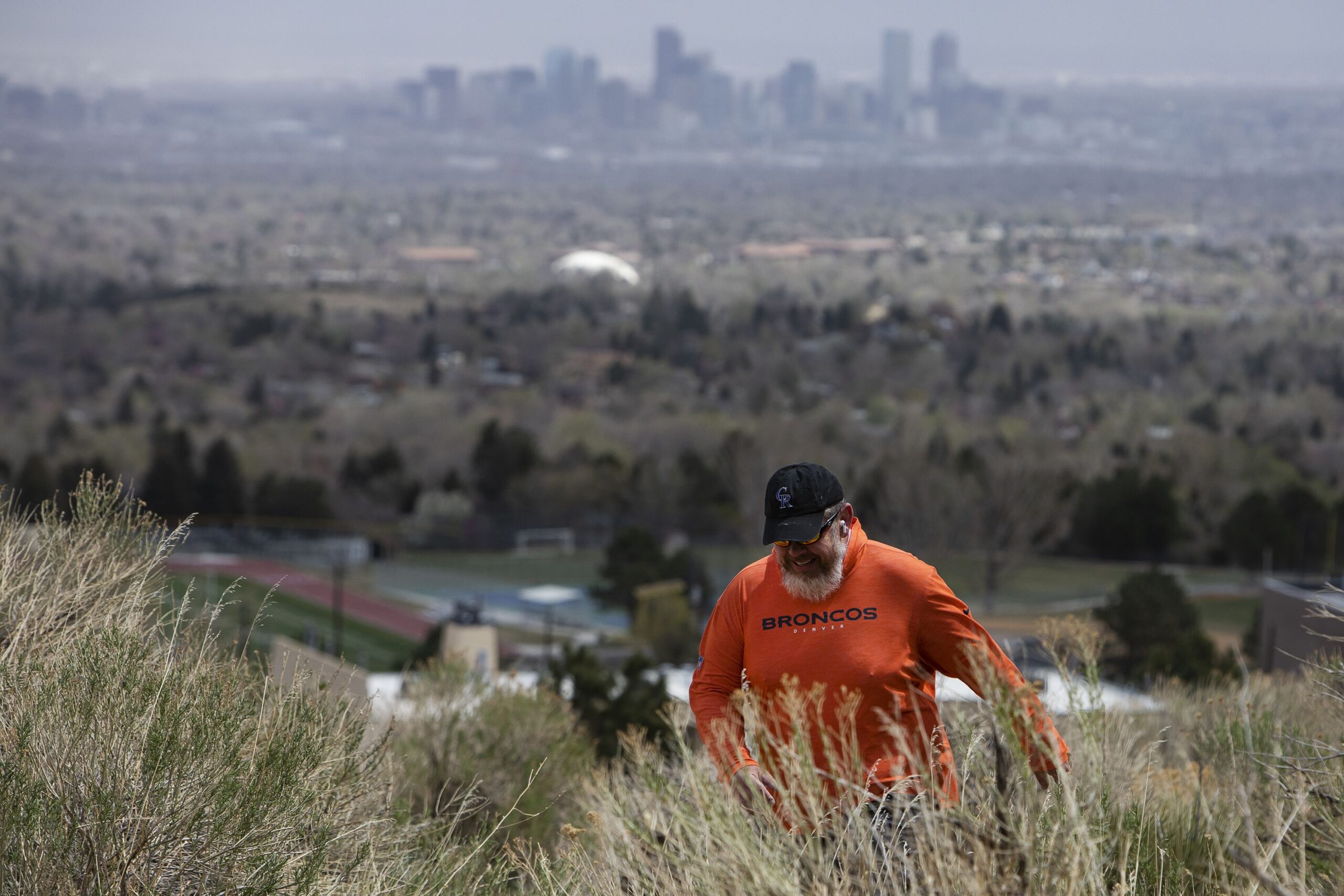
Lakewood finalized the last ordinance for its nearly 400-page zoning code proposal on Monday and approved the zoning map, ending a heated process that had sparked controversy in the city since the beginning of the year.
The final ordinance of the new Lakewood zoning code was approved with an 8-3 vote during the City Council meeting Monday.
The vote involving the zoning map came around midnight after countless public comments for and against the changes that have been stretched out over four separate council meetings over the last few months.
Councilmembers David Rein, Jacob LaBure and Paula Nystrom were the three “no” votes.
The zoning code, as a whole, has been highly debated since August, with some residents claiming that changes to single-family zoning would cause parking issues and change the characteristics of existing neighborhoods.
The update is the first major zoning code change since 2012 and will go into effect next year.
On Sept. 22, the council approved an amended version of Article 3 of the city’s 2026 zoning code proposal — the highly touted article that erases the term “single-family zoning,” which does not appear in the document. Instead, the city will use the term “residential dwellings.” A residential dwelling could be a single-family home, duplex, tri-plex or townhome in an effort to create more affordable housing.
The new residential districts are broken up into low-form residential and mid-form residential classifications.
Low-form residential will include single-family homes and small-scale attached and detached housing to “support compact, walkable neighborhoods with a range of housing options,” according to the proposal.
Mid-form will include medium-density housing and multi-family buildings.
Lakewood has never had single-family-only zoning, with all areas allowing some type of different usage like group homes or duplexes.
Those areas were approved on the map Monday, but some residents are still upset with the idea of duplexes and townhomes moving into neighborhoods and changing the areas’ character.
“We have 40-plus underutilized properties in this city. We have underdeveloped land in this city. We do not need to go into all of these neighborhoods and change the character, which is against the comprehensive plan, and decimate the environment,” Councilmember Nystrom said.
Furthermore, some public speakers were upset with a lack of information, claiming that the city had moved the discussion quickly along behind closed doors. They also want to be able to vote on the zoning proposal during the Nov. 4 election.
“You guys say it’s all about transparency? I don’t think so. You need to put this on pause so more people can find out about it,” resident Cheryl Ramirez said, adding that she’s getting a petition together to get the zoning changes on the November ballot.
The city has released multiple articles and information about the zoning changes on its website, and the councilmembers voted in August to stretch the proposal votes across four separate meetings to make sure public comments were heard.
The idea was to inform residents and allow ample time for public comment while still getting the votes across the line before the election. Some meetings stretched eight hours into the early morning.
“Of the people, by the people, for the people doesn’t mean you vote on every single thing. It means you vote on your representatives, who then can represent you,” Councilmember Glenda Sinks said. “I don’t believe that if we extended the vote that all 150,000 people in Lakewood would be informed about this zoning code. No matter how late we delay this, not everybody is going to know.”
But now the entire zoning code has been approved.
Despite some heated discussions and incoming petitions, other residents are happy with the changes, claiming the allowance for more middle-level housing will make for more affordable homes in the city.
“These changes are about the future, and that future needs to be inclusive and accessible to more than just the wealthy and mostly white population,” resident Ben Hensley said Monday. “That future needs to recognize that farming and horse rearing is not the future of this city. Farming and horse rearing in a city that’s so full of homelessness and poverty is a moral failure, anyway.”
“Lakewood is becoming more urbanized, and will continue to be a popular place for people to want to call home given the nice parks at Belmar Park and Green Mountain, as well as its location near Denver in the foothills of the Rockies. Buying a house is already unattainable for most people and renting is very difficult as well,” David Brown said on the city’s website. “Pass the zoning changes and keep Lakewood livable.”
A copy of the new zoning map can be found at LakewoodTogether.org.







